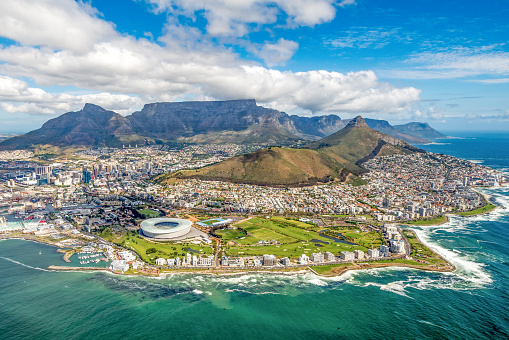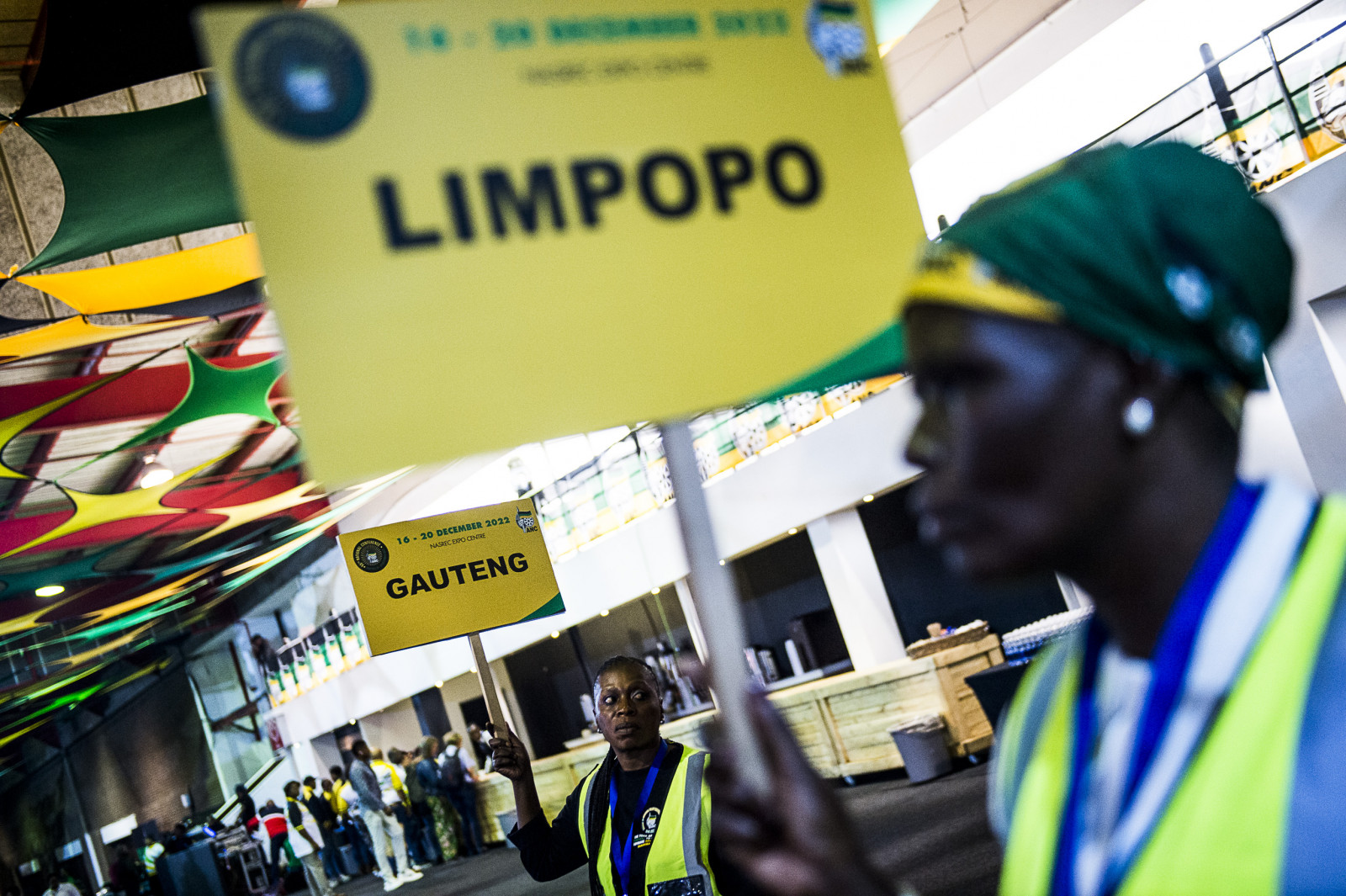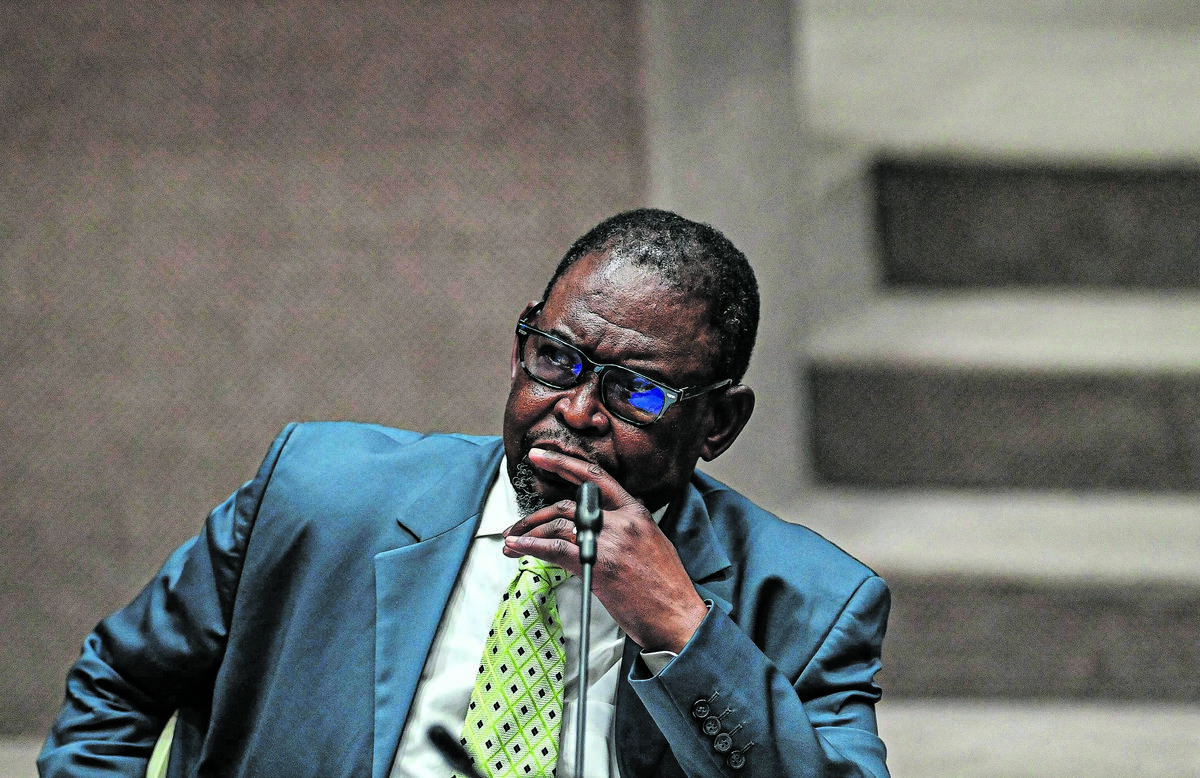For the most part, the global entertainment industry has been riding a wave over the last 10 to 15 years. In the next year, for instance, the sector is set to reach $2.2 trillion in terms of revenues generated, the highest it’s been for a while. Simply put, the market is booming, and everyone wants to jump on the bandwagon.
However, there are bound to be tougher times ahead. After all, revenues in 2020 dropped before bouncing back. Therefore, untapped areas for growth are all the rage. Although Brazil, India and China fall into this category, it’s South Africa that appears to have stolen a march on its rivals by using these tactics.
Major Movie Marketing
Emerging movie nations are causing quite the stir because they are affecting the market quite significantly. South Africa is a prime example, as some of the leading award show contenders are from the region. My Octopus Teacher is a documentary about a man’s relationship with an octopus, earning the programme a slew of nominations and wins, including at the Academy Awards and the BAFTAs. Its success has resulted in the top platforms making investments in the South African film industry like never before, as highlighted by Netflix.
My Octopus Teacher was the only South African film to make it into the originals category when it was released. As a result of the success of the show, the streaming giant has invested extra resources to expand the genre and appeal to a broader demographic of viewers. Blood and Water is the second series produced and released by Netflix, coming out in the same year as My Octopus Teacher. With such a small gap between the two, it’s not unreasonable to assume more South African-centric content will appear on our screens in 2022 and 2023.
After all, it’s not only Netflix that is contributing to the production of these programmes. In the case of My Octopus Teacher, the Sea Change Project injected funds into the development of the film to help to protect the long-term future of South Africa’s marine environment.
The Impact of the World Cup
Whether hosting the 2010 World Cup was necessary or not, it’s clear that the tournament has had a lasting effect on the country in the last 12 years. Now that South Africa is on the map in a global sense, the entertainment sector can benefit from the exposure, with music and live concerts the best examples of this. Since 2010, the likes of Shakira have built on their fanbase by touring the country and performing classics from their discographies. After all, Shakira created the official 2010 World Cup song.
She is just one of many artists that regularly head to Africa post-World Cup, including Mariah Carey, Josh Groban, Lionel Richie, and Iron Maiden, all of whom visited SA in 2016. Indeed, the market had so much potential that Live Nation Entertainment bought out South Africa’s Big Concerts to manage the big names touring in Cape Town and Johannesburg. During this time, the media revenues in South Africa have grown at a rapid rate, from £4.2 billion in 2014 to a projected £8.24 billion in 2023.
As this is just a single sector, it’s exciting to predict the impact the World Cup has had on other entertainment verticals, including sports. Nowadays, South Africa is a hub of sporting activity, from its domestic T20 league that features the top players in the world to field hockey competitions that appeal to global audiences, particularly in India.
Improved Mobile Access
When mobile phones start to outnumber people, it’s obvious that their impact is going to get bigger and bigger with each passing second. Smartphones provide users with opportunities to entertain themselves like never before, from watching Netflix and Amazon Prime shows on the go to pick up where they left off on their Xbox Series X or S. Previously, the hardware was too clunky and expensive to have a legitimate impact in South Africa. Thanks to mobile software, it completely negated this because smartphones and wireless connections are cheap and accessible, leading to greater engagement among South Africans.
This is the easiest to see in the online gaming niche, especially within the online casino sector. In the past couple of years, the presence of online casinos has become more commonplace in the region, with South Africa predicted to pass £1.7 billion in gross gambling yields in 2022, making it the largest wagering market in Africa. This wouldn’t be possible without phones, 5G and Wi-Fi networks, since ordinary South Africans wouldn’t be able to play table games and online slots. They would be excluded by the price and the hardware.
However, the industry is competitive to the point where providers will offer incentives to bring in new players and help the market grow. Some might argue that they must be generous because the best online casinos in South Africa need to provide added value to stand out from the crowd and encourage customers to register, as you can see through no deposit bonuses, free spins promotions, and cashback offers. These are almost mandatory now, making it hard for new casinos to break into the market without high-quality promos. This shows the role mobile technology is having in South Africa and will continue to have in the future.
In a nutshell, it appeals to a range of industries, including the movie, music and gaming sectors. Therefore, operators are moving in and searching for ways to engage with South African customers. So far, it’s working very effectively.



















Discussion about this post